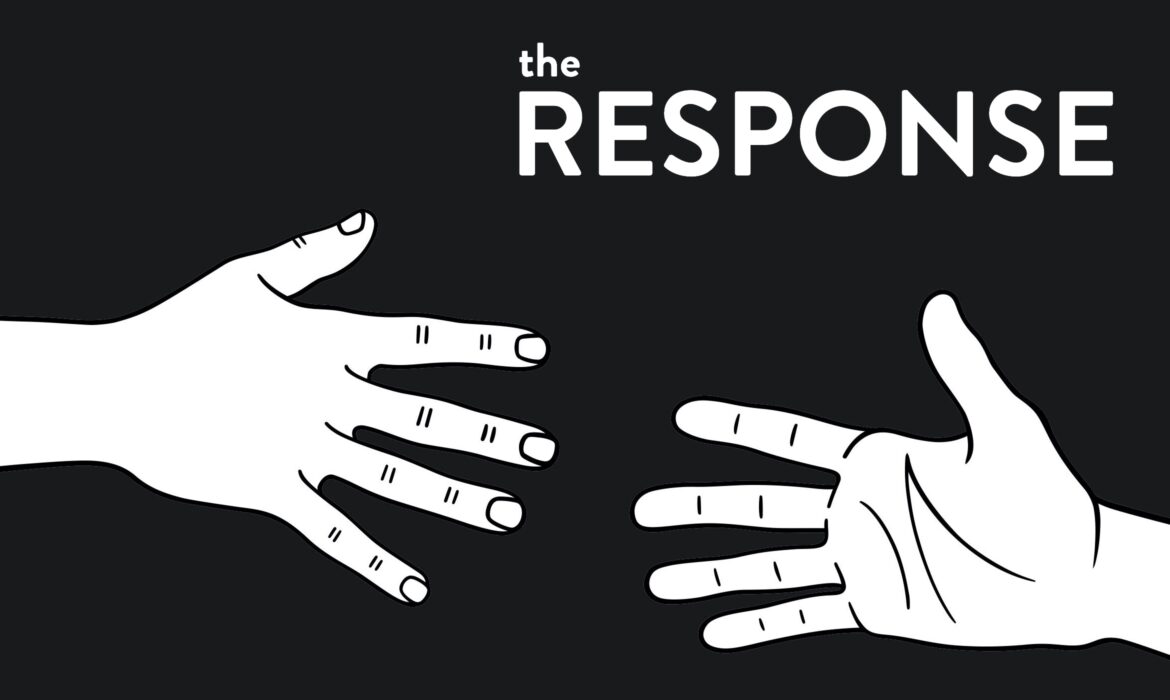Cryptocurrency Response
Cryptocurrencies are digital or virtual currencies that use cryptography to secure and verify transactions. They operate independently of a central bank or single administrator, making them an attractive option for those looking for decentralized control over their funds. As with any other currency, however, cryptocurrency transactions must be responded to in order to ensure accuracy and security. This article will discuss the various ways that cryptocurrency can respond to these transactions.
Confirmation Requests: Confirmation requests are sent by the recipient of a cryptocurrency transaction in order to confirm its authenticity and validity. These requests contain information about the sender’s wallet address as well as the amount being transferred. The response from the blockchain network is typically one of two things: either confirmation (the transaction was successful) or rejection (the transaction failed). Depending on which type of confirmation is received, appropriate actions can then be taken by both parties involved in the transaction.
Transaction Verification: Once a confirmation request is made, it must then be verified by miners who work within the blockchain network before it can become part of a block in their chain. During this verification process, miners check each detail included in the request against multiple databases and nodes throughout the system before confirming whether or not it should be approved for inclusion into a new block on their chain; if enough miners agree that all requested details match up correctly, then they’ll allow it through after finalizing any necessary calculations related to fees associated with such transfers (e.g., gas costs). Upon completion of this step-by-step procedure – which may take anywhere from seconds up to several minutes depending on network congestion – users receive further notification regarding their successful transfer via email/text message notifications from providers like Coinbase/Gemini etc.. Alternatively they could also monitor progress using third party explorers like Etherscan etc..
Smart Contracts Execution: Smart contracts are automated agreements encoded directly into a blockchain ledger using computer code; these contracts execute themselves automatically once certain conditions have been met – such as when two parties agree upon terms written out within said contract without requiring manual intervention nor approval from external sources like banks/governments etc.. After setting up parameters around how much money needs transferring between two wallets along with expiration dates & any other requirements while validating data gathered off-chain during setup stages – whenever those prerequisites get fulfilled according to specifications given at start date smart contracts trigger payments accordingly without needing human interference thus ensuring effectiveness & efficiency throughout whole duration till completion point gets reached eventually .


